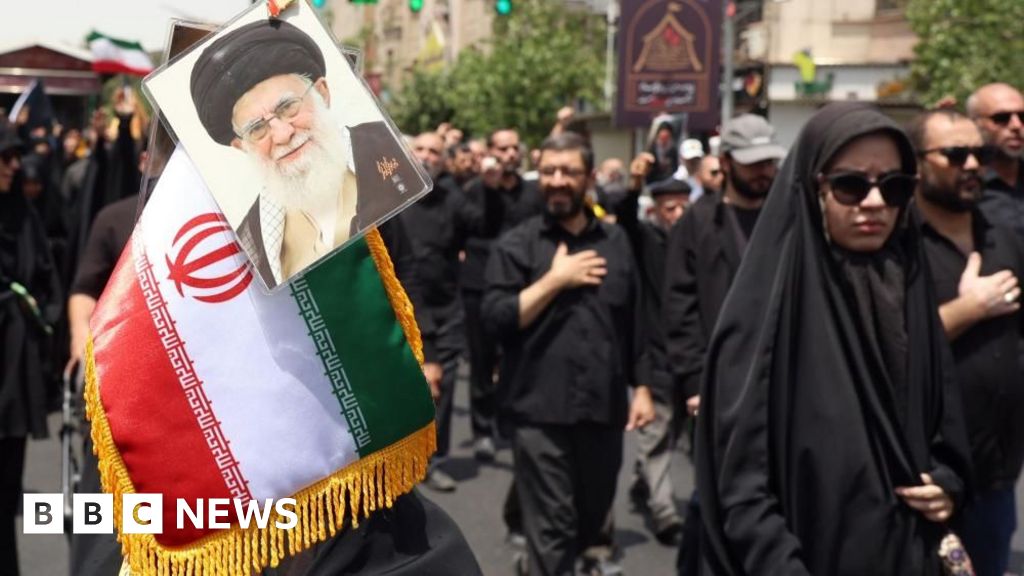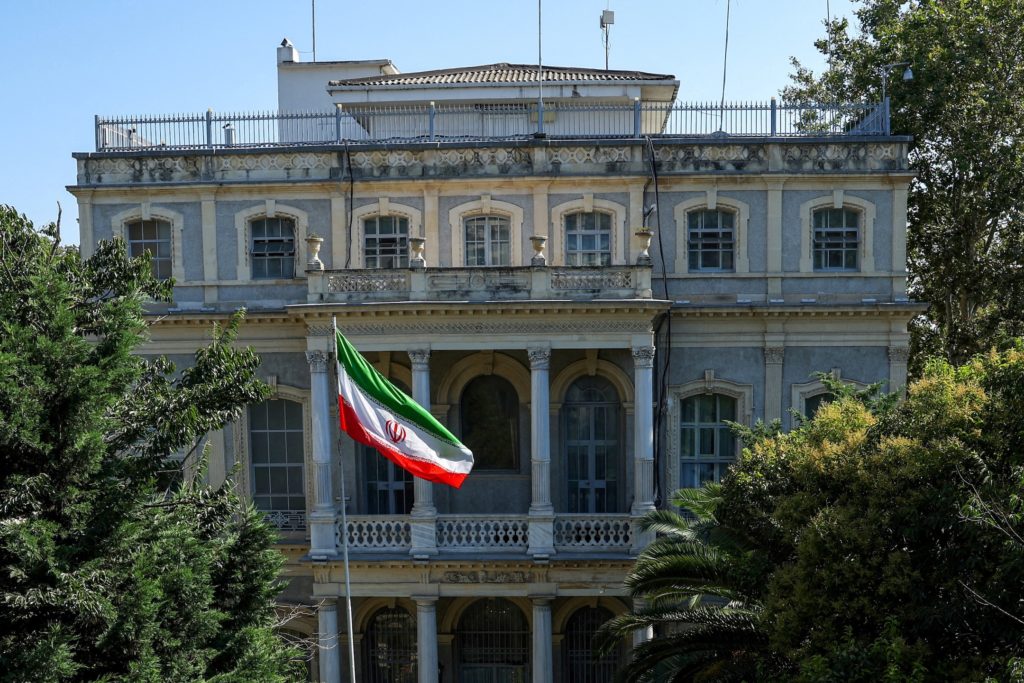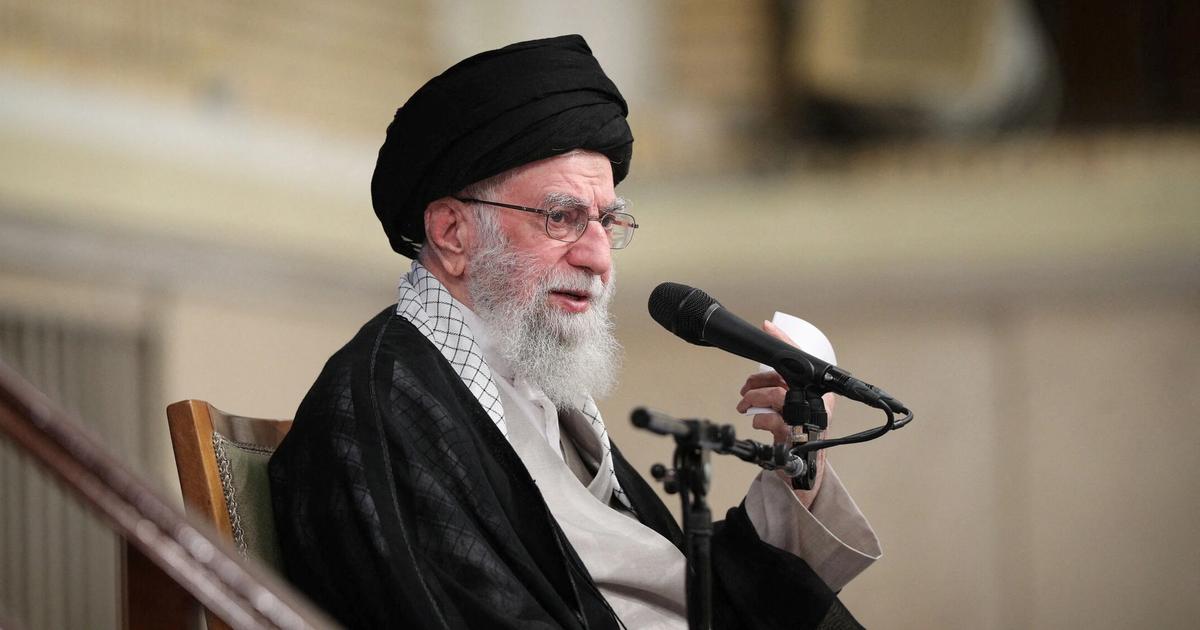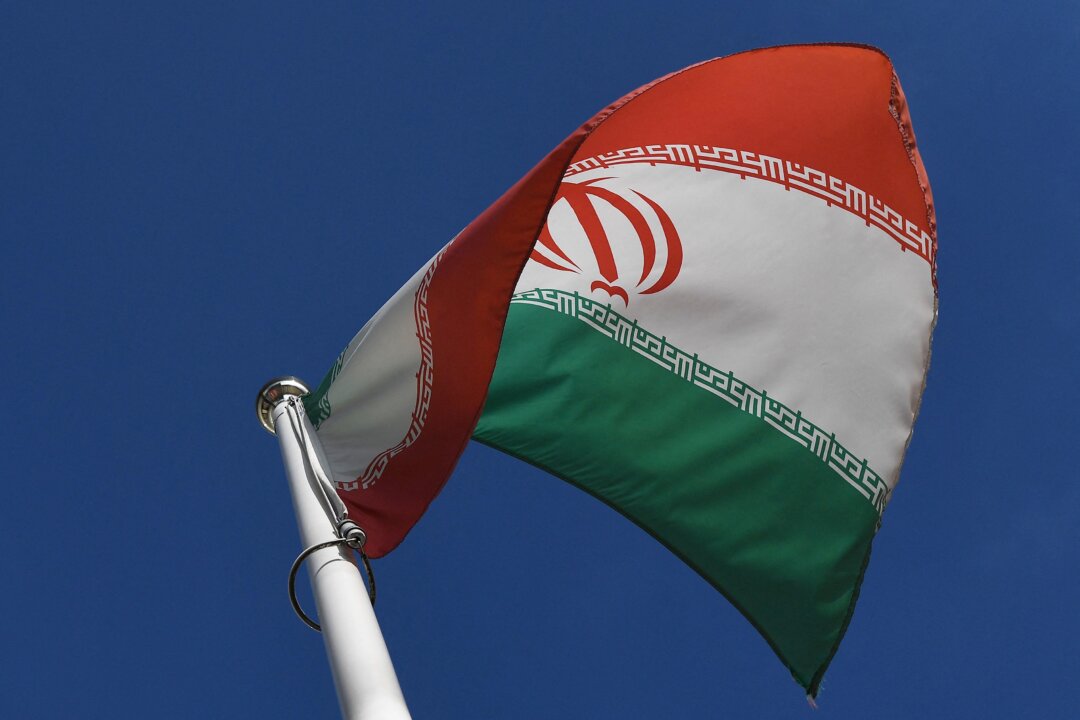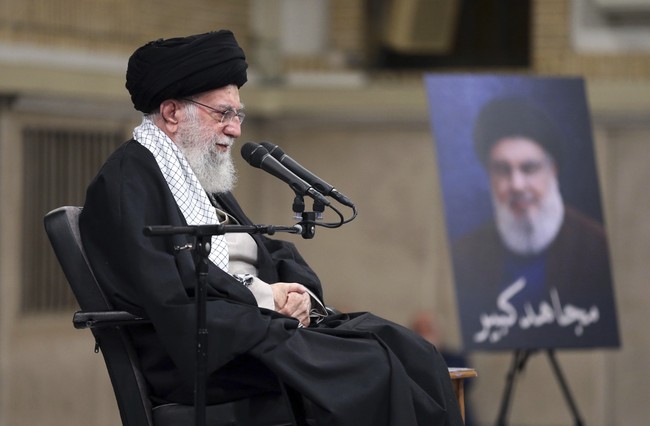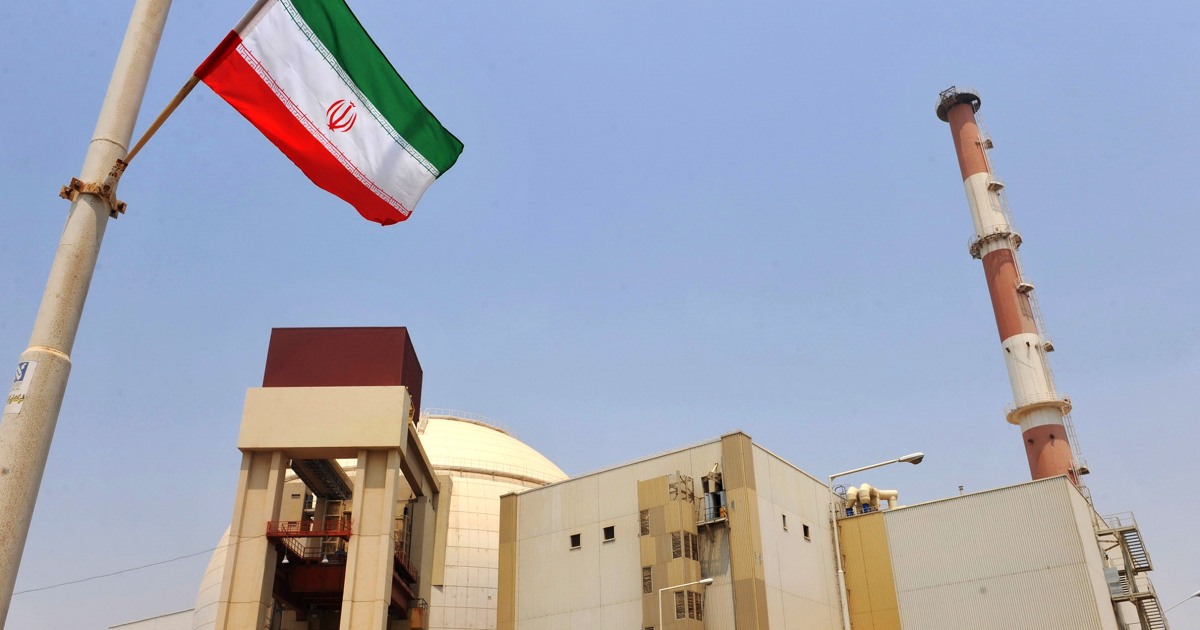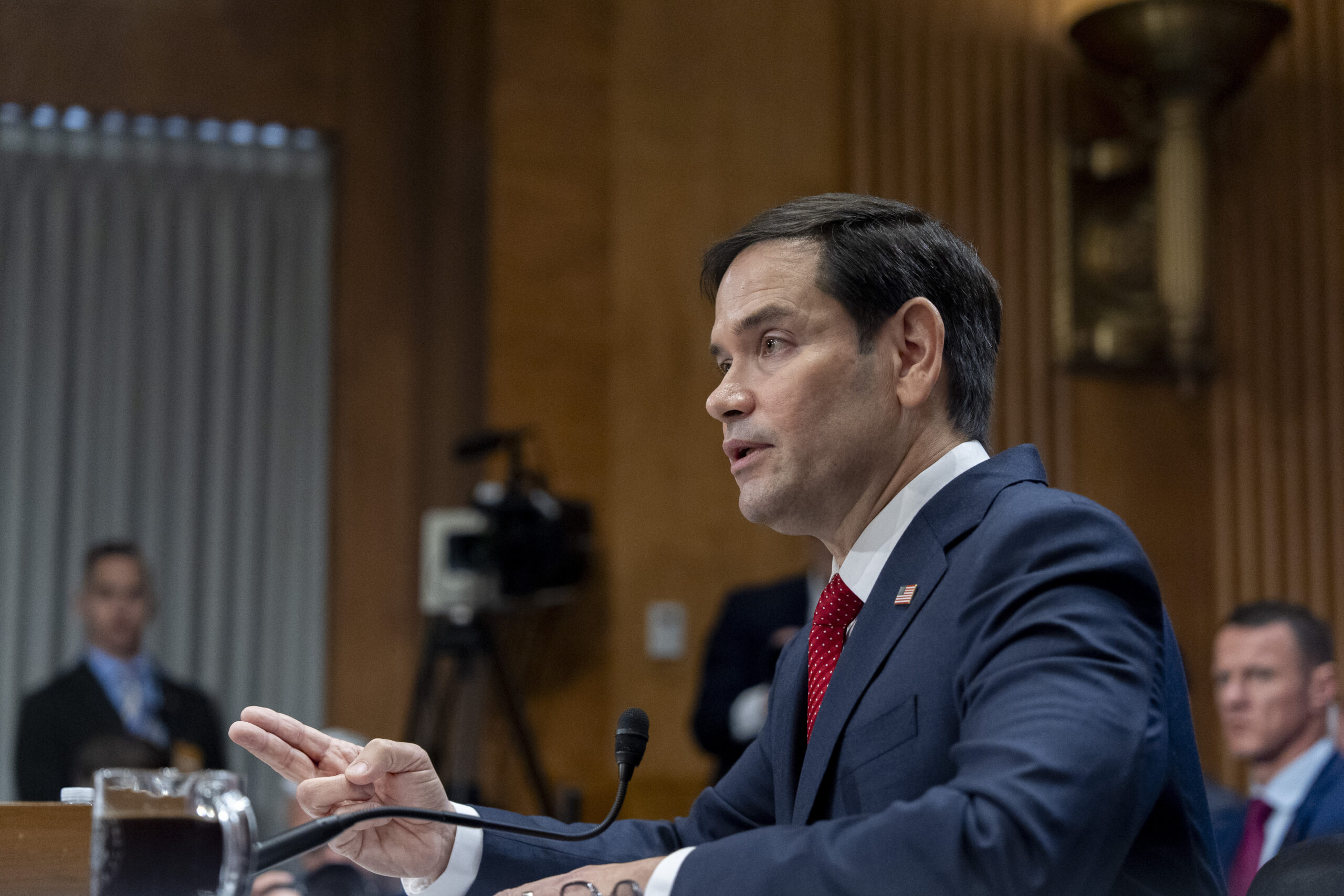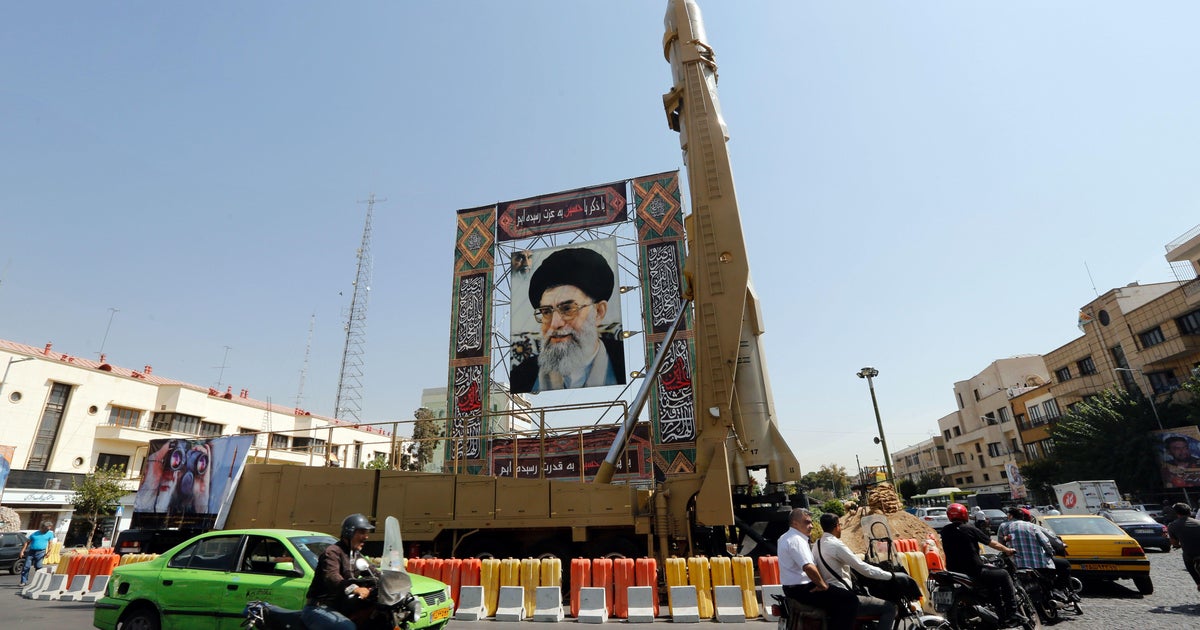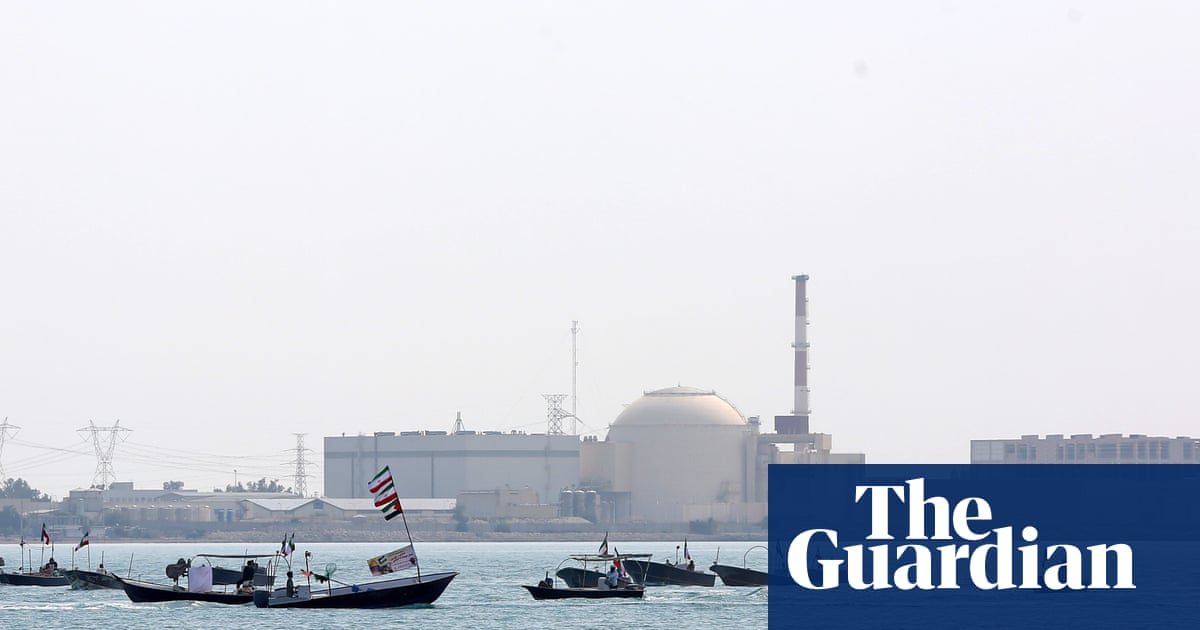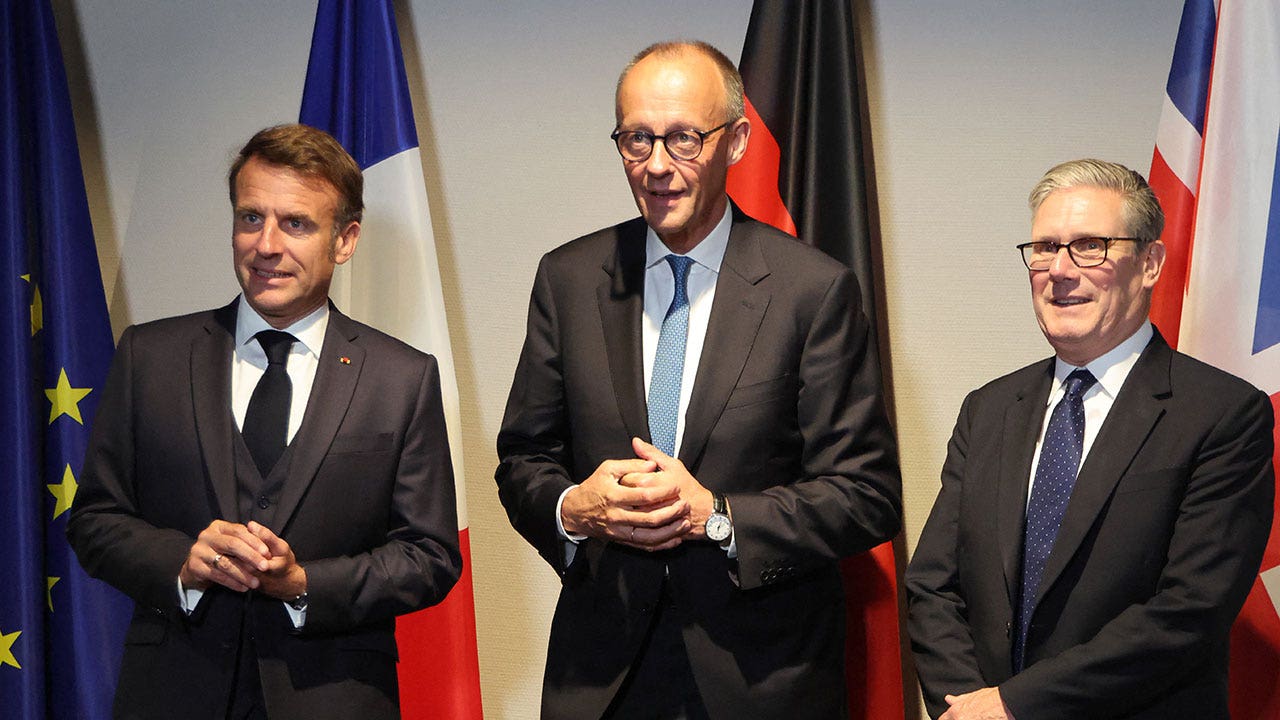European Nations Trigger UN Sanctions on Iran Over Nuclear Program Violations
France, Germany, and the UK triggered "snapback" UN sanctions on Iran due to its nuclear program violations, including uranium enrichment, aiming to reimpose international restrictions.
Subscribe to unlock this story
We really don't like cutting you off, but you've reached your monthly limit. At just $5/month, subscriptions are how we keep this project going. Start your free 7-day trial today!
Get StartedHave an account? Sign in
Overview
- France, Germany, and the UK (E3) initiated a process to reimpose United Nations sanctions on Iran, citing concerns over its nuclear program and violations of the 2015 nuclear deal.
- The E3 triggered these "snapback" sanctions due to Iran's defiance, including enriching uranium to 60 percent purity and stockpiling significant amounts of near-weapons-grade material.
- This veto-proof process, initiated via a letter to the U.N. Security Council, could reimpose U.N. sanctions within a month, freezing assets and halting arms deals.
- Iran's Foreign Minister Abbas Araghchi criticized the move as unjustified and illegal, while U.S. Secretary of State Marco Rubio expressed support for the European decision.
- The reimposition of sanctions is expected to increase tensions in the volatile region, with Iran threatening retaliation and withdrawal from the Nuclear Nonproliferation Treaty.
Report issue

Read both sides in 5 minutes each day
Analysis
Center-leaning sources cover this story neutrally, presenting a balanced account of the escalating tensions. They focus on reporting the actions and reactions of all key parties, providing historical context, and outlining the differing viewpoints without adopting loaded language or prioritizing one narrative over another.
Articles (15)
Center (5)
FAQ
The 'snapback' mechanism allows any participant in the 2015 Iran nuclear deal (JCPOA) to unilaterally reimpose pre-2015 UN sanctions on Iran if it is deemed non-compliant with its nuclear obligations. Once triggered by a letter to the UN Security Council, the council has 30 days to vote to block it; if it fails, all previous sanctions are reinstated automatically.
They triggered snapback sanctions due to Iran's significant violations of the nuclear deal, such as enriching uranium to 60 percent purity and stockpiling near-weapons-grade material, and because the snapback mechanism is set to expire on October 18, 2025. They also sought to pressure Iran amid failed talks and impending lapses in UN provisions endorsing the deal.
Reimposing sanctions is expected to harm Iran's economy further and increase regional tensions. Iran has threatened retaliation, including suspending cooperation with the International Atomic Energy Agency and potentially withdrawing from the Nuclear Non-Proliferation Treaty (NPT), escalating the nuclear crisis risk.
Iran condemned the move as unjustified and illegal, with officials stating they would respond appropriately. Iran also threatened to suspend cooperation with UN nuclear inspectors and warned that triggering snapback could lead to its withdrawal from the Nuclear Non-Proliferation Treaty.
The European trio engaged in talks with Iran about extending the snapback deadline to allow more negotiations, but Iran rejected these efforts. The Europeans have expressed openness to continued diplomacy during the 30-day snapback process before sanctions take effect, aiming to avert further escalation.
History
- This story does not have any previous versions.
